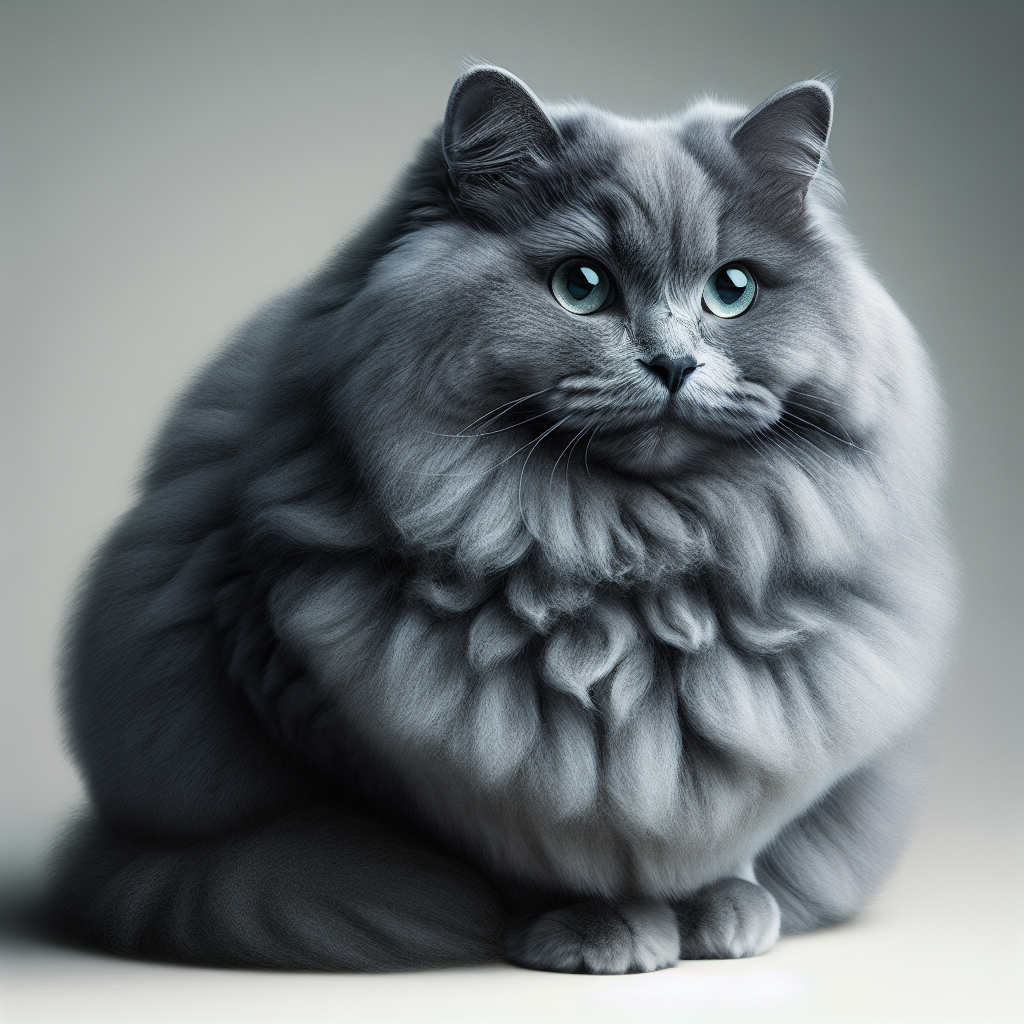Blog
are russian blue cats hypoallergenic
The Truth About Russian Blue Cats and Allergies

The Russian Blue cat is a stunning breed known for its striking blue-grey coat and piercing green eyes. They are often described as elegant, intelligent, and affectionate, making them a popular choice among cat lovers. However, for those who suffer from allergies, the question of whether Russian Blue cats are hypoallergenic is a crucial one.
Hypoallergenic refers to a substance or animal that is less likely to cause an allergic reaction. Many people mistakenly believe that hypoallergenic means non-allergenic, but this is not entirely accurate. No cat breed is entirely non-allergenic, but some are considered to be more hypoallergenic than others.
So, are Russian Blue cats hypoallergenic? The answer is not a simple yes or no. While they are often touted as being hypoallergenic, the truth is that it depends on the individual cat and the person’s specific allergies.
Russian Blue cats have a short, dense coat that is often described as plush and silky. This coat is believed to produce less of the Fel d 1 protein, which is the primary allergen found in cat saliva and dander. This protein is what triggers allergic reactions in humans. Therefore, it is thought that Russian Blue cats may produce less of this protein, making them a better choice for allergy sufferers.
However, it is essential to note that all cats produce this protein to some degree, and it is impossible to completely eliminate it. Therefore, even if a Russian Blue cat produces less of the Fel d 1 protein, it does not mean that they are entirely hypoallergenic.
Another factor to consider is that allergies are not just caused by a cat’s coat. Other allergens, such as pollen, dust, and mold, can also trigger allergic reactions. Therefore, even if a person is not allergic to cats, they may still experience symptoms due to other environmental factors.
Furthermore, allergies are highly individualized, and what may cause a reaction in one person may not affect another. Some people may be allergic to specific breeds, while others may be allergic to all cats. Therefore, it is crucial to spend time with a Russian Blue cat before bringing one into your home to see how your body reacts.
If you are considering getting a Russian Blue cat and have allergies, there are steps you can take to minimize your symptoms. Regular grooming and brushing can help reduce the amount of dander and saliva on your cat’s coat. Additionally, keeping your home clean and free of dust and other allergens can also help.
It is also essential to note that allergies can develop over time. You may have lived with a cat for years without any issues, but suddenly develop an allergic reaction. Therefore, it is crucial to monitor your symptoms and seek medical advice if necessary.
In conclusion, while Russian Blue cats may be considered hypoallergenic by some, it is not a guarantee that they will not trigger an allergic reaction. It ultimately depends on the individual cat and the person’s specific allergies. If you are considering getting a Russian Blue cat, it is essential to spend time with one beforehand and take steps to minimize allergens in your home. With proper care and attention, Russian Blue cats can make wonderful companions for those with allergies.
5 Things You Need to Know About Owning a Hypoallergenic Russian Blue Cat
Are Russian Blue Cats Hypoallergenic?
If you are considering adding a feline companion to your household, but suffer from allergies, you may have heard about hypoallergenic cats. These are breeds that are said to produce less allergens, making them a better option for those with allergies. One such breed is the Russian Blue cat. But are Russian Blue cats truly hypoallergenic? In this article, we will explore this question and provide you with 5 things you need to know about owning a hypoallergenic Russian Blue cat.
1. The Myth of Hypoallergenic Cats
Before we dive into the specifics of Russian Blue cats, it is important to address the myth of hypoallergenic cats. While some breeds may produce less allergens than others, there is no such thing as a completely hypoallergenic cat. All cats produce a protein called Fel d 1, which is found in their saliva, urine, and dander. This protein is what triggers allergies in humans. Therefore, even cats that are considered hypoallergenic will still produce some level of allergens.
2. Russian Blue Cats and Allergens
Now that we have established that no cat is truly hypoallergenic, let’s take a closer look at Russian Blue cats and their allergen levels. According to the Asthma and Allergy Foundation of America, Russian Blue cats are one of the breeds that produce less allergens. This is due to their short, dense coat, which produces less dander. Additionally, Russian Blue cats are known for their cleanliness and grooming habits, which can also contribute to lower allergen levels.
3. Grooming and Cleaning
While Russian Blue cats may produce less allergens, it is still important to maintain good grooming and cleaning habits to minimize allergens in your home. Regular brushing can help remove loose fur and dander from your cat’s coat. It is also recommended to bathe your cat once a month to further reduce allergens. Additionally, vacuuming and dusting your home frequently can help remove any allergens that may have accumulated.
4. Other Factors to Consider
While Russian Blue cats may be a good option for those with allergies, there are other factors to consider before bringing one into your home. These cats are known for their intelligence and affectionate nature, but they can also be quite shy and reserved. They may not do well in a busy household with lots of noise and activity. Additionally, Russian Blue cats are known to be prone to certain health issues, such as heart disease and bladder stones. It is important to be aware of these potential health concerns and be prepared to provide proper care for your cat.
5. Finding a Reputable Breeder
If you have decided that a Russian Blue cat is the right fit for you, it is important to find a reputable breeder. A good breeder will be knowledgeable about the breed and will provide you with a healthy, well-socialized kitten. They should also be willing to answer any questions you may have and provide you with information on the cat’s lineage and health history. Avoid purchasing from pet stores or online sellers, as these sources may not have the best interest of the cat in mind.
In conclusion, while Russian Blue cats may not be completely hypoallergenic, they are a good option for those with allergies due to their lower allergen levels. However, it is important to maintain good grooming and cleaning habits and be aware of other factors such as the cat’s personality and potential health issues. By finding a reputable breeder and providing proper care, you can enjoy the companionship of a Russian Blue cat without suffering from severe allergies.

